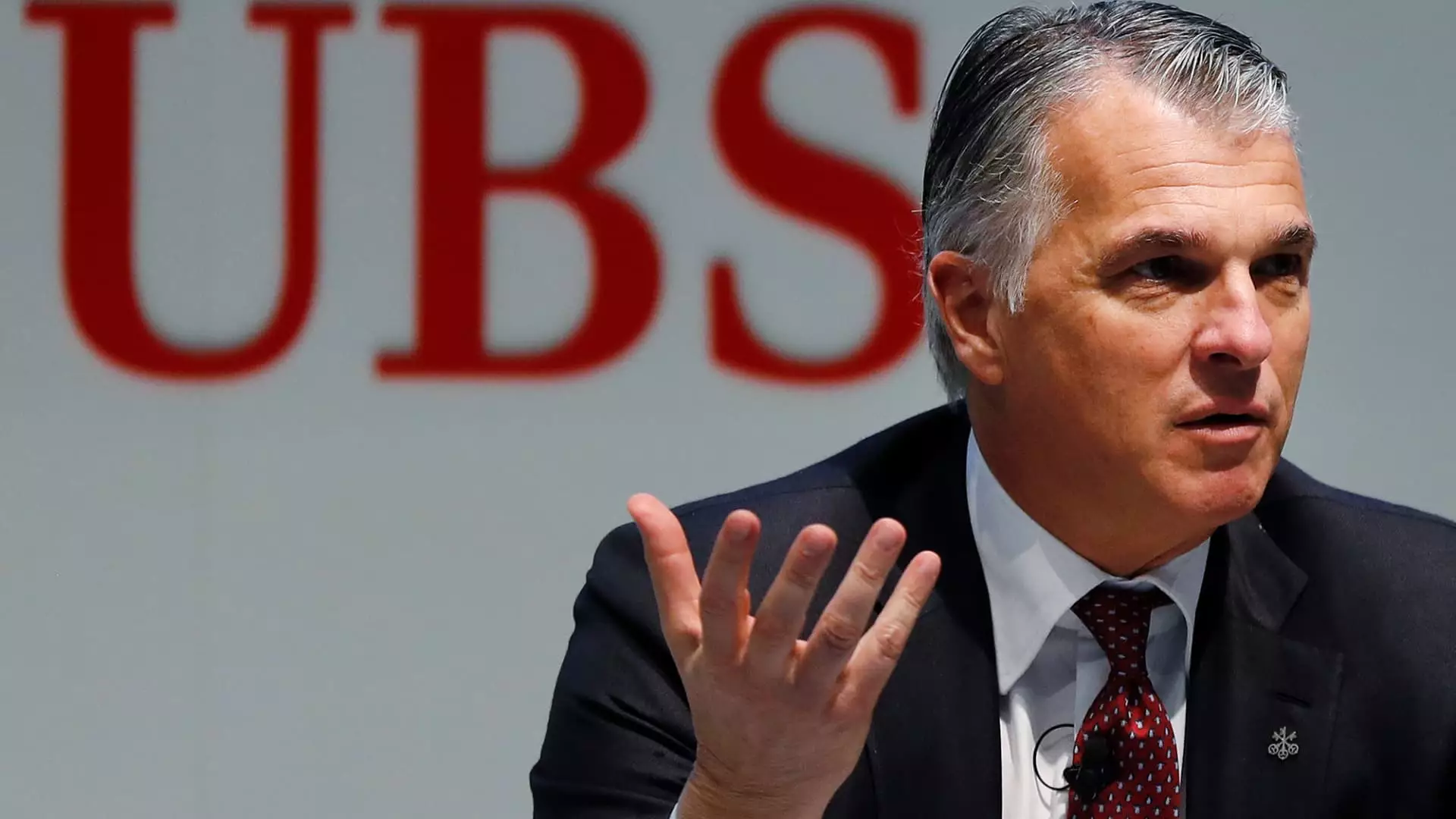Market volatility has been a major concern for investors and financial institutions alike in recent times. The UBS CEO, Sergio Ermotti, expressed his views on the potential intensification of market volatility in the second half of the year. The recent sharp sell-offs in global equities have been attributed to weak economic data from the U.S., sparking fears of an economic downturn. This has also raised questions about the Federal Reserve’s monetary policy stance and the possibility of a recession.
Despite the concerns raised by weak economic data, Ermotti does not believe that the U.S. is heading into a recession. He mentioned that while a recession is not necessarily imminent, a slowdown in the economy is possible. The CEO highlighted that the macroeconomic indicators are not clear enough to predict a recession at this point. However, he acknowledged the potential for the Federal Reserve to step in and support the economy but emphasized that the effects may take time to materialize.
UBS expects the Federal Reserve to cut rates by at least 50 basis points this year. The anticipation of rate cuts has divided traders between a 50 and a 25 basis point cut at the Fed’s next meeting in September. The uncertainty surrounding the U.S. presidential election in November and the overall geopolitical and macroeconomic picture have contributed to the expected increase in market volatility in the second half of the year.
Central banks around the world have been monitoring the situation closely and have taken preemptive measures to combat a potential economic slowdown. The Swiss National Bank, where UBS is headquartered, has already cut rates twice this year. Similarly, the European Central Bank and the Bank of England have announced one rate cut each. The shift towards a more normal regime characterized by increased volatility has been attributed to unknown factors such as the U.S. presidential election.
Despite the challenges posed by market volatility, there are opportunities for financial institutions like UBS to capitalize on the situation. Bruno Verstraete, the founder of Lakefield Wealth Management, highlighted that increased volatility could lead to more trading income for UBS. He emphasized that amidst the uncertainty, the higher degree of volatility could be leveraged to generate returns for the institution.
The impact of market volatility on the global economy is a complex and evolving situation. While concerns over a potential economic slowdown persist, there are also opportunities for financial institutions to navigate the challenges and capitalize on the volatility. Central banks play a crucial role in maintaining stability and supporting economic growth during uncertain times. As the second half of the year unfolds, it will be essential for stakeholders to closely monitor the situation and adapt their strategies accordingly.

